From the sacred rituals of online communities to the moral dilemmas of post-apocalyptic worlds, this section explores how games mirror — and shape — human psychology. Discover how cognition, emotion, identity, and storytelling collide in digital spaces, revealing what play can teach us about ourselves, our culture, and the worlds we build together.

Kim Kitsuragi: Externalised Executive Function in Human Form
An in-depth psychological analysis of Kim Kitsuragi in Disco Elysium, using the game as a case study to explain executive function, co-regulation, and cognitive support.
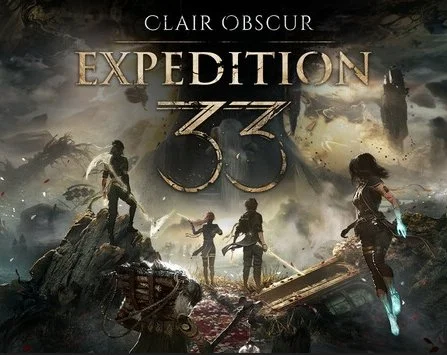
Expedition 33: AI Moral Outrage We’ve Seen Before
Expedition 33’s AI controversy isn’t new. From photography to word processors, creative moral panics repeat. Here’s why we’ve seen this before.

Why Christmas Video Game Events Feel Rewarding: Psychology of Seasonal FOMO
A psychological deep dive into why Christmas gaming events feel irresistible, exploring seasonal scarcity, reward design, and the monetisation strategies behind festive FOMO.

Controller Psychology: What Game Developers Need to Know
Discover how psychology influences controller design. Explore motor habits, interference, cognitive load and cross-platform consistency to build better game controls.

Why Pokémon Still Has No Voice Acting: A Considered Look at Twenty Years of Silence
Why do mainline Pokémon games still have no voice acting after 20 years? This analysis examines handheld habits, player expectations, development choices, and the contrast with the Pokémon anime to explain the franchise's enduring commitment to silent storytelling.

Gender Swapping in Games: Prevalence, Motivations, and What It Reveals About Digital Identity
Explore why one-third of male gamers choose female avatars, while women swap genders mainly to avoid harassment. Uncover the psychological and social motivations behind gender swapping in gaming.
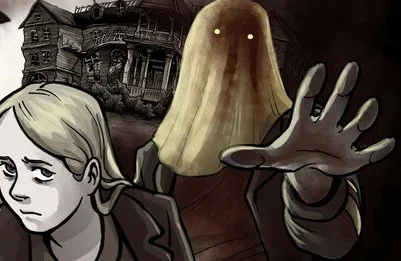
The Moral Economy of Good Game Design
A deep dive into moral choice in game design, exploring how Scarlet Hollow, Lisa, Omori, and Pathologic use sacrifice and loss to create meaningful player decisions.

GTA6 vs. the Real America: Why Satire Cannot Keep Up With the News Cycle
The GTA 6 Satire Problem: The game faces a cultural shift where politics is beyond parody. Learn how Rockstar may change its tone, focus on character, and avoid timely references.

A Mind Unraveling: Slay the Princess as a Metaphorical Narrative of Dementia
Uncover a haunting new reading of Slay the Princess. This analysis explores how the loops, amnesia, and shifting characters form a coherent metaphor for dementia and the dissolution of identity.

Memory, Forgetting, and Identity Reconstruction Across Loops in Slay the Princess
Slay the Princess uses amnesia not as a reset, but as a mechanism for identity reconstruction. Explore how unconscious memory, trauma, and psychological continuity persist across the game's narrative loops.

Slay the Princess Ludonarrative Selfhood: How Player Choice Creates the Psyche
Why is Slay the Princess unique? This analysis details "Procedural Psychology," arguing that the protagonist's mind is built by choices, not pre-written, redefining game character identity.

The Evolution of Princess Zelda: From Damsel to Architect
Has Zelda escaped the damsel trope? Trace her 40-year evolution across Ocarina, BotW, and Tears of the Kingdom to see how Nintendo handles female agency.

Wanted: Dead, Already Dead: A Batsh*t Psychoanalytic Reading Of A Plot That Barely Exists
The unhinged theory behind Wanted: Dead. Is the messy plot about corporate sedation and a glitching reality? A deep-dive into gaming's broken brilliance.

Broken Brilliance and the Auteur Game: Expectation, Authenticity, and Cult Fandom
Learn how Wanted: Dead turns rough design into cult appeal through auteur style, authenticity, and expectation breaking that fuels devoted fandom.

Tonal Whiplash and Absurdist Play: How Chaos in Wanted: Dead Engages and Exhausts Players
Discover how Wanted: Dead uses tonal whiplash and absurdist design to engage some players and exhaust others, revealing the psychology of chaotic play.
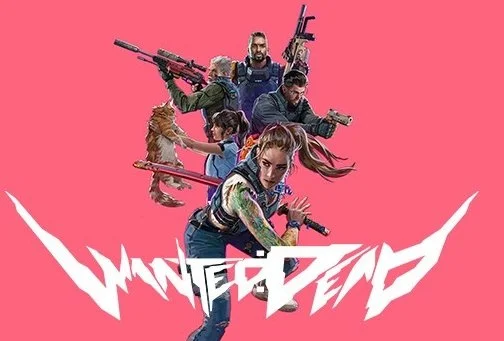
So Bad It’s Good: Cognitive Dissonance and the Enjoyment of Broken Games
Explore why players love flawed games like Wanted: Dead through cognitive dissonance, nostalgic framing, and the psychology behind so bad it is good appeal.
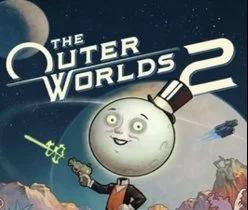
The Outer Worlds 2: A Satire That Says Less Than It Thinks It Does
The Outer Worlds 2 Review: Our critique argues Obsidian's sequel misses the mark. The satire is too blunt, the companions are formulaic, and the main quest drops its themes for a cosmic twist.

Performing Redemption: Self-Determination, Identity, and Existential Labor in Wolfstride
An in-depth psychological analysis of Wolfstride explores how its mecha battles and menial labor mirror the struggle for identity, autonomy, and redemption. Using Self-Determination Theory, this essay reveals how true heroism lies in the quiet work of repair.
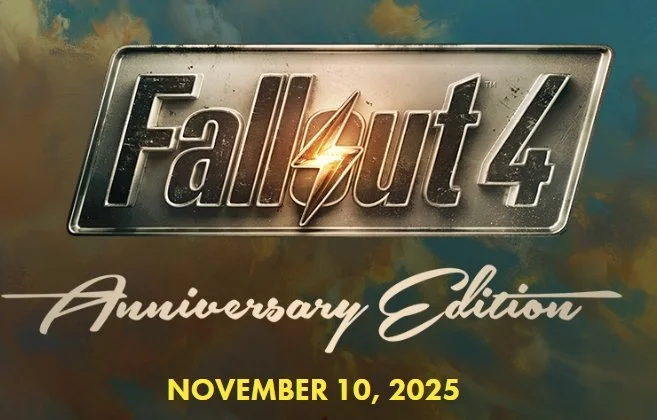
Fallout 4, Cognitive Dissonance, and the Case for the Distant Tiger: A Psychological Perspective on Main Quest Design
Explore how Fallout 4’s main quest creates cognitive dissonance and how psychology, through temporal and distance discounting, offers smarter game design.

Digital Dilemmas: Can Narrative Games Like The Walking Dead and Life is Strange Teach Emotional Maturity and Moral Reasoning?
Can video games teach empathy and ethics? Explore how narrative titles like Telltale’s The Walking Dead and Life is Strange could help teenagers and adults develop emotional maturity, moral reasoning, and empathy through interactive storytelling and classroom discussion.

